
Why Developers’ Confidence in Testing Techniques Doesn’t Always Match Reality
18 Dec 2025
An empirical study reveals that developers often misjudge how effective their testing techniques are, urging greater reliance on data over perception.
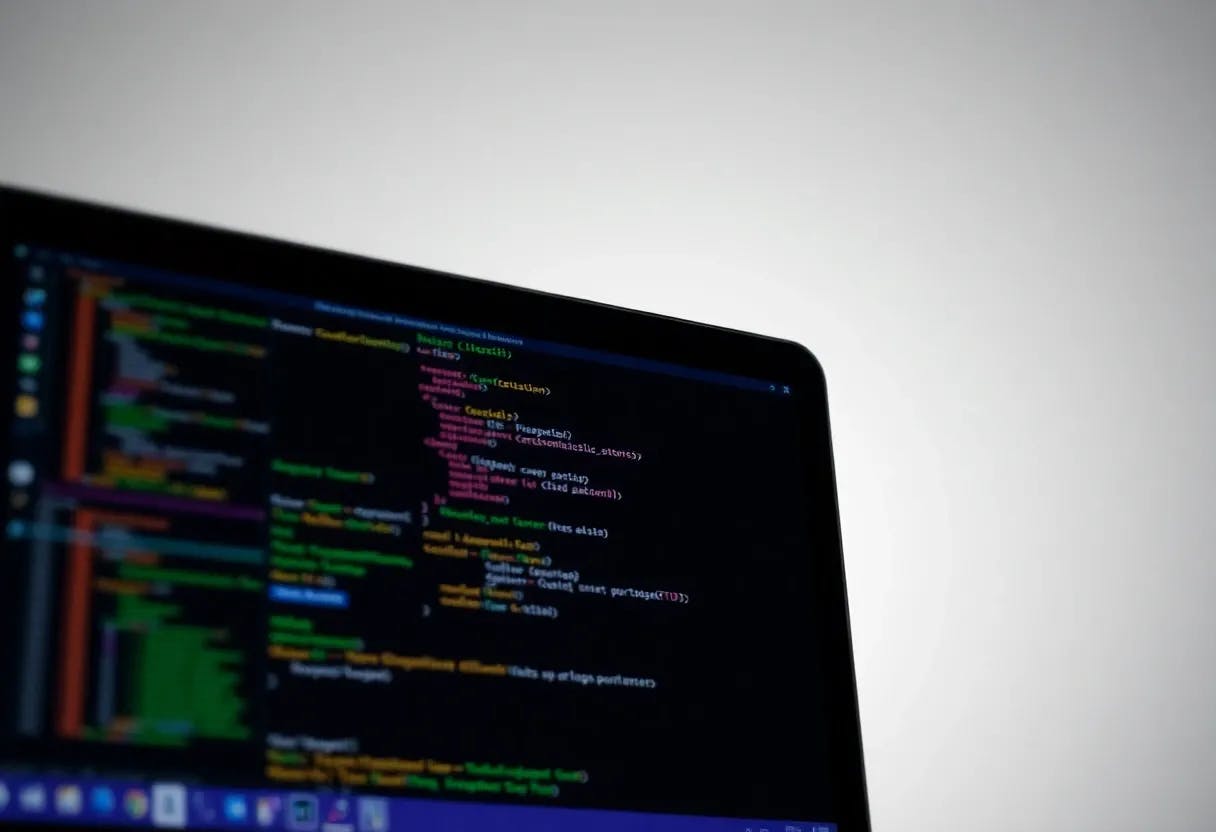
Study Finds Developers Misjudge Which Testing Techniques Actually Work
18 Dec 2025
Developers often misjudge which testing techniques work best. New research shows these misperceptions reduce software quality and increase project risk.
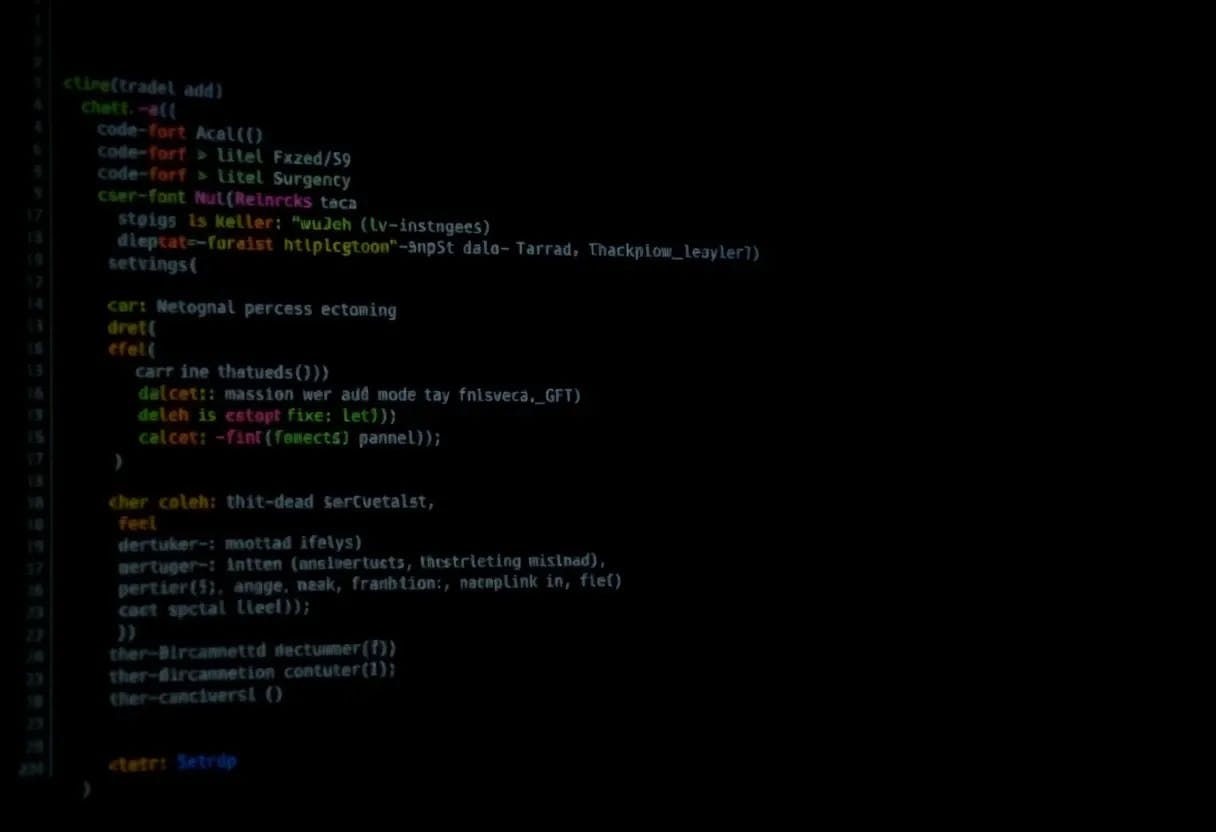
Why the Testing Method Developers Prefer Is Rarely Ever the One That Finds the Most Bugs
17 Dec 2025
A replicated software engineering study shows developers’ perceptions and preferences poorly predict which testing techniques actually find defects.
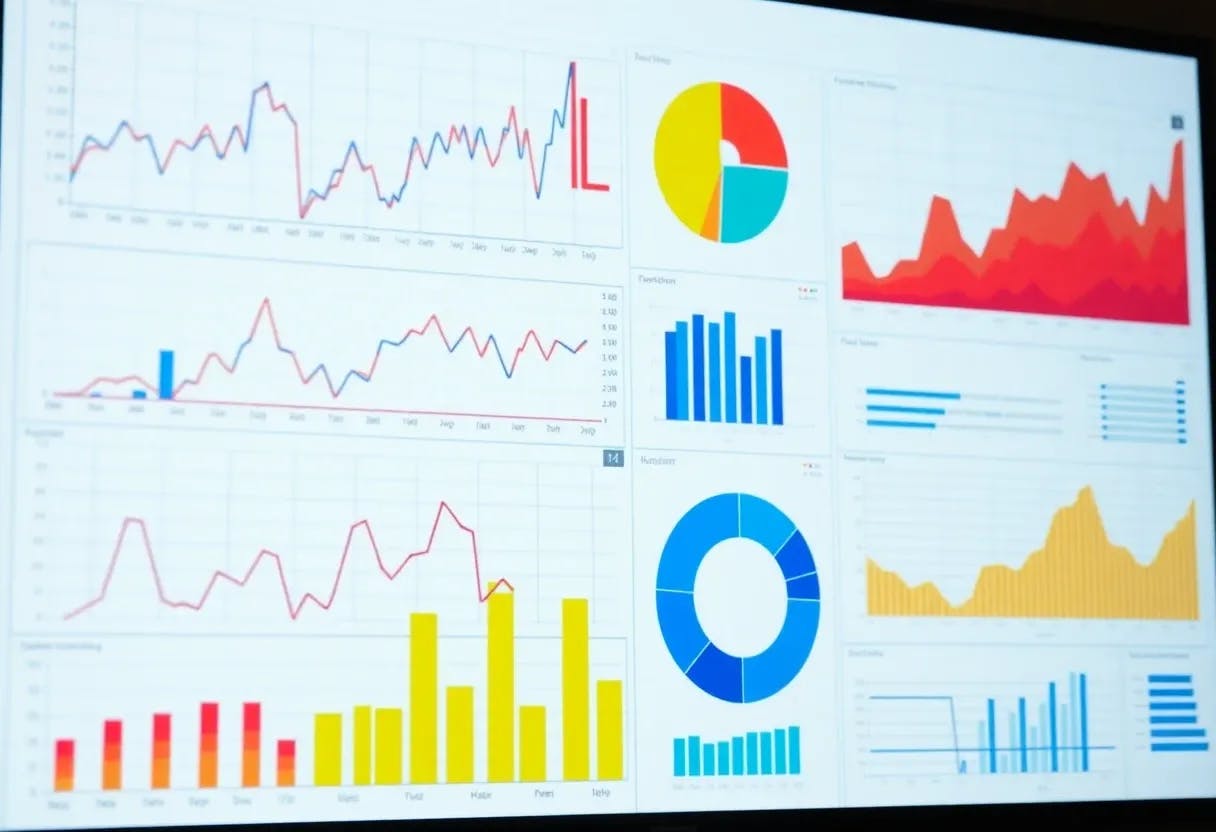
A Replication Study on Software Testing Perception vs Effectiveness
17 Dec 2025
A replicated software testing study explores how tester opinions, preferences, and perceived complexity influence effectiveness and defect detection.
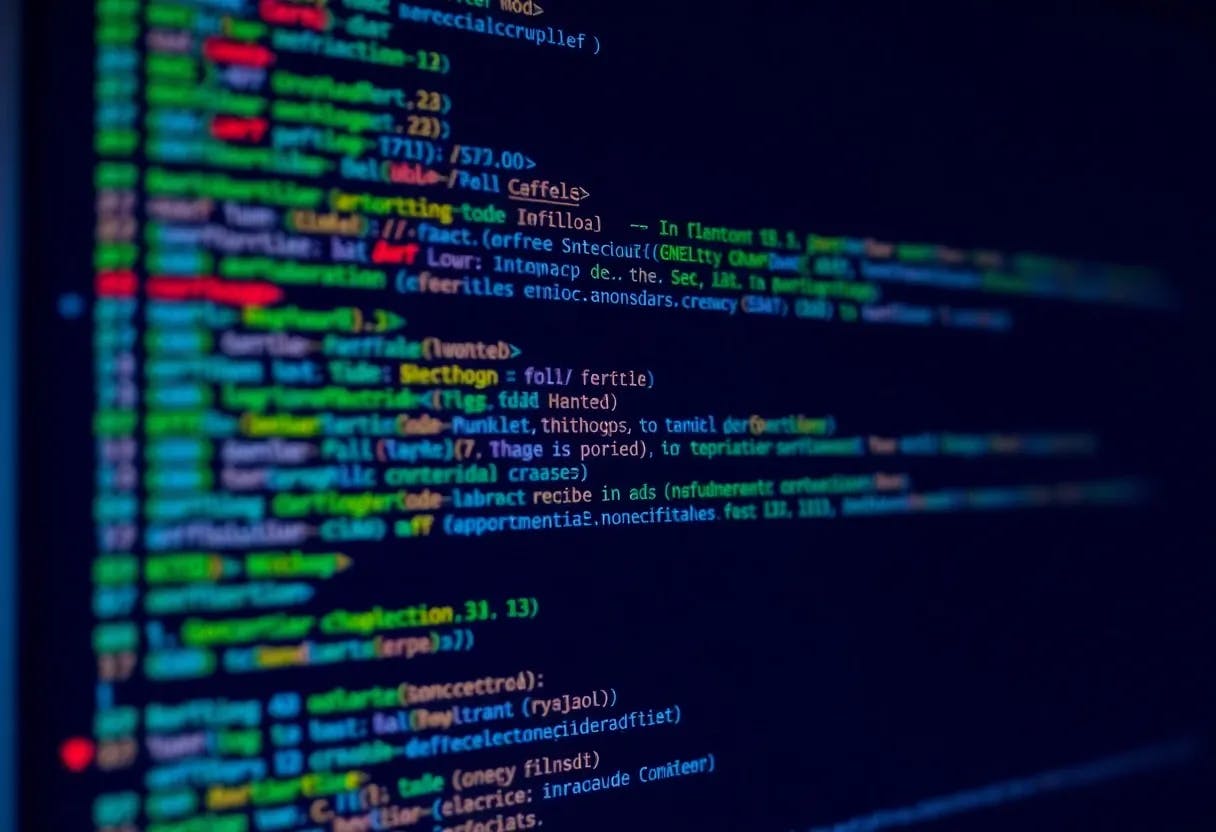
Study Finds Software Testers Often Misjudge Which Techniques Work Best
15 Dec 2025
An empirical study reveals a gap between developers’ perceived and actual effectiveness of software testing techniques—and the real cost of getting it wrong.
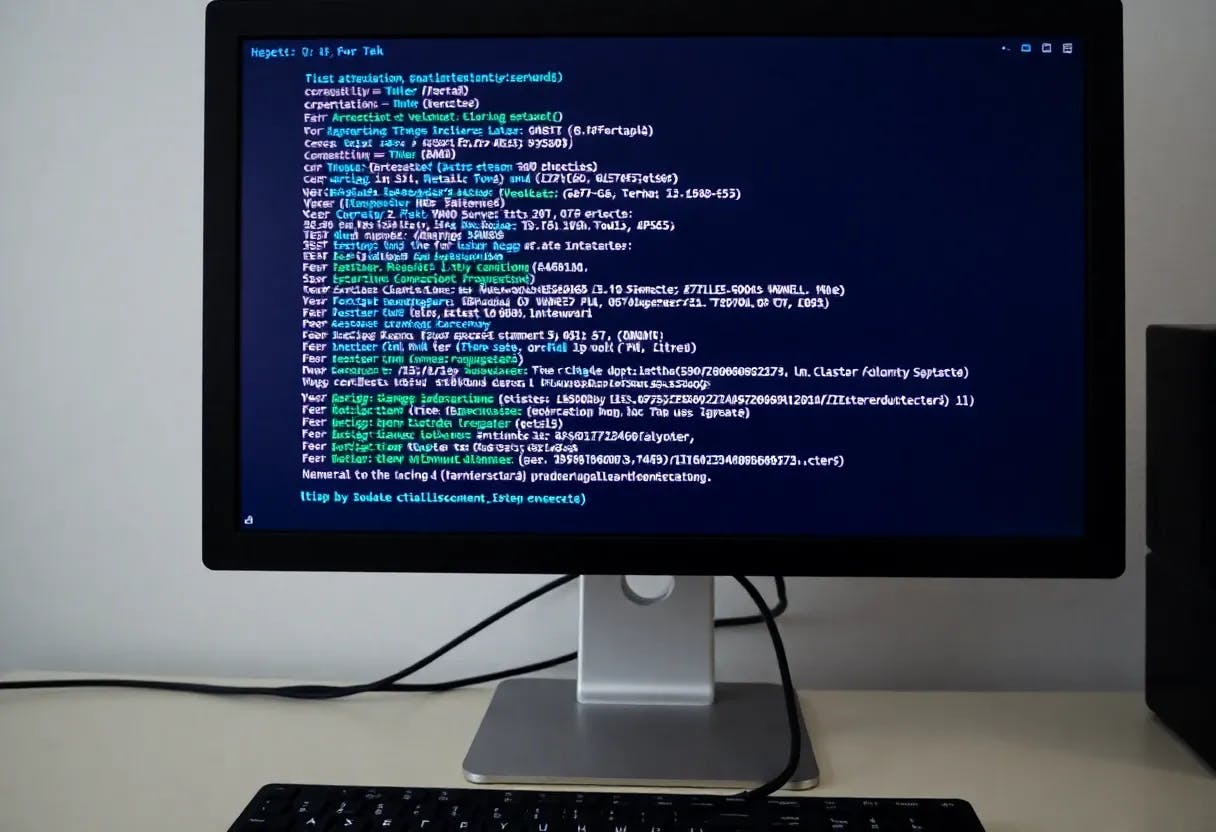
Assessing Validity Threats in Controlled Software Engineering Experiments
15 Dec 2025
An analysis of conclusion, internal, construct, and external validity threats in a controlled software engineering experiment.
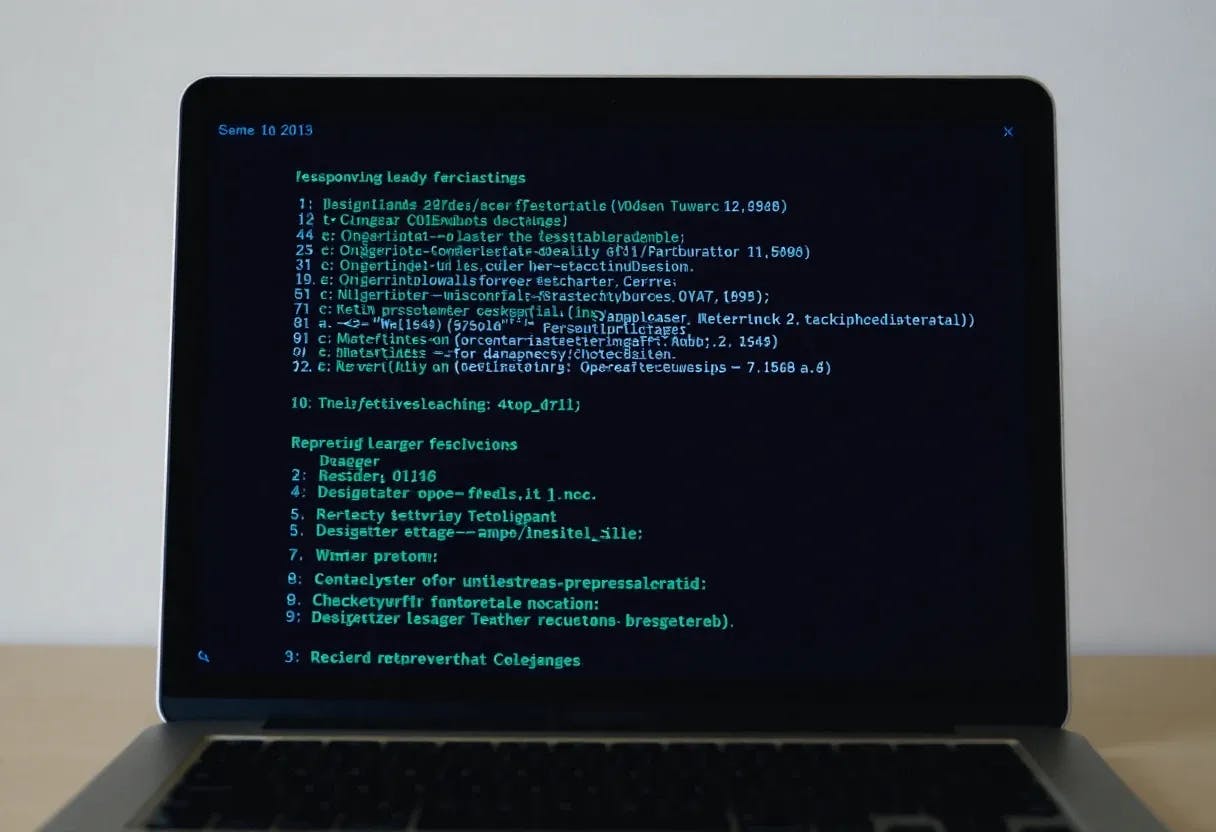
Why We Misjudge Our Own Effectiveness at Finding Software Bugs
14 Dec 2025
Controlled experiment compares perceived vs actual defect-detection effectiveness across testing and code reading, measuring mismatch cost and project loss.
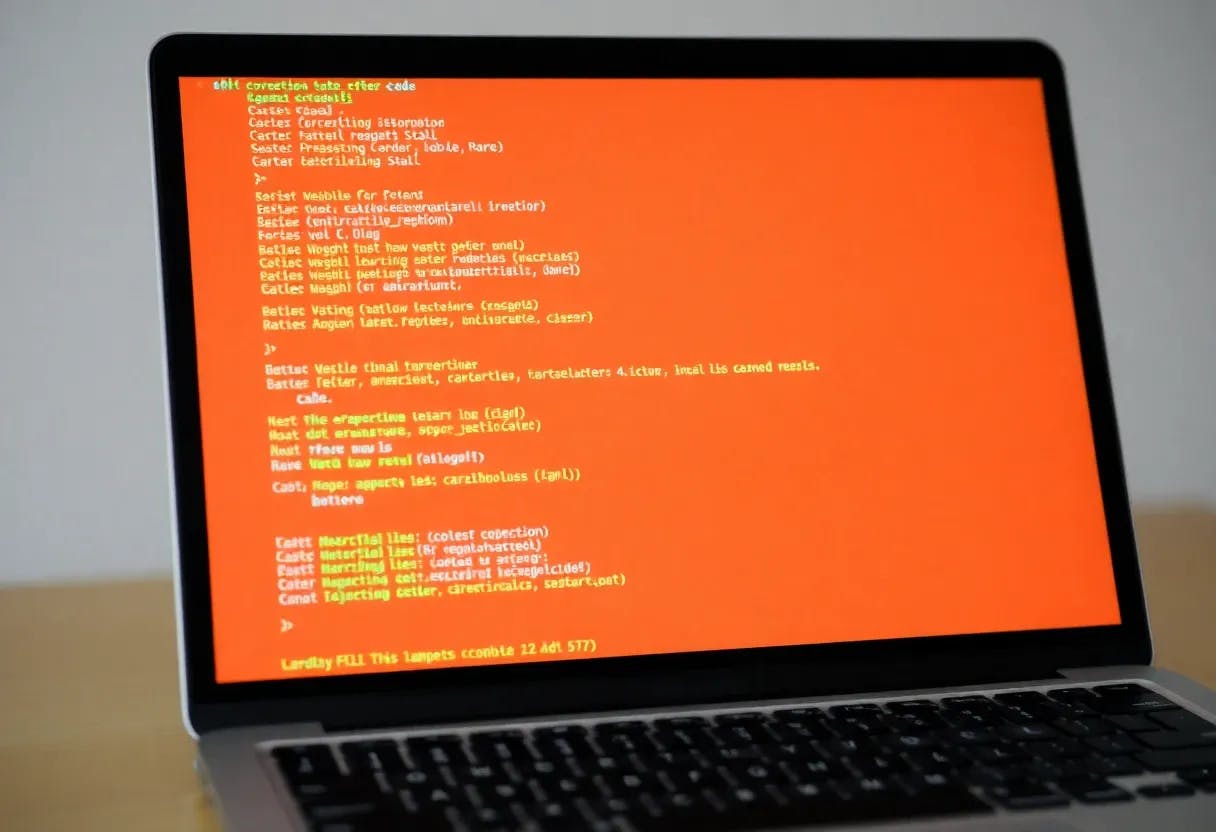
Why Developers Keep Picking the Wrong Testing Techniques
14 Dec 2025
A study shows developers often misjudge which testing techniques are most effective—leading to measurable drops in software quality.

Can Antitrust Regulations Keep Up With AI? Researchers Warn of Growing Structural Tensions
27 Nov 2025
How vertical integration, market power, and opaque supply chains shape the future of AI regulation—and the complex trade-offs between safety and competition.
